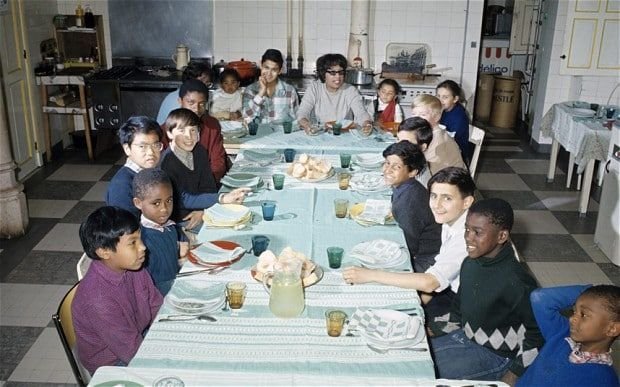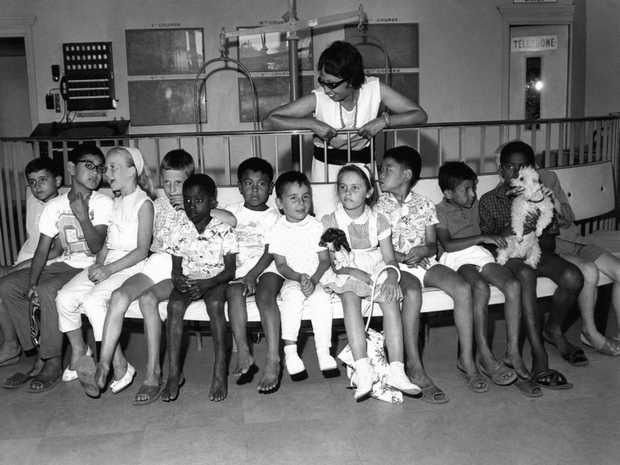Relational Grace
When we say grace before eating a meal, we are expressing gratitude for the good things in our lives and requesting continued blessings as we ask that the food nourish our bodies.
When we note the grace in someone’s physical movement, we are admiring the flow, arch, and beauty of their form. Visually, we are captivated by their pleasing sight.
I’ve written about soulful grace and radical grace, interpreting the moments when people stepped beyond themselves in an unanticipated way, effecting the situation for the better.
Grace is a powerful virtue. It can bring a wealth of relationship richness. I saw this through the following examples of people choosing to act in a surprising way when faced with circumstances like: Christian Cooper’s incident in Central Park with Amy Cooper; Jacob Blakes’ mother praying with a police officer after her son was shot seven times in his back by an officer; and Mickey Guyton’s sending a blessing to the man who called her the “N” word as she was engaging with fans. These individuals did the unexpected, stepping into a space where they were not the central concern—intuiting something bigger than themselves. I came up with the term Relational Grace to describe just that.
An individual of color responded to my framing of these instances by asking if these individuals were just doing what they thought was expected or responding out of fear. My response was a resounding no. I believe they were responding from a place of agency—a powerful knowing that set a distinctive energy in motion. Moving beyond ourselves is not an easy feat, especially when we’re facing a challenging situation—one that threatens our sense of being or psychological safety. Taking a confrontational stance or walking away is often easier, yet those responses tend to perpetuate the ills of our relationships and society.
If our soul is our creative source, then Relational Grace is a form of “soul force” that stands in the truth of who we are and can be. It’s a thread of humility that continually extends and expands our web of connections.
Relational Grace is an energy of the feminine—of giving and empathy that embraces a lifeforce beyond our own.
Relational Grace reduces fragmentation, othering, and power dynamics by acknowledging the other’s space and value.
Relational Grace holds space for pain and suffering—a shared embodiment of a moment to overcome.
Relational Grace imparts a sense of something more to be revealed—future-sensing behavior that leaves room for a new possibility.
Josephine Baker was recently inducted into France’s Panthéon, the country’s highest honor. Recognized worldwide for her artistry and activism, Baker was lesser known for her military role in the Resistance during WWII and her battle to unite us in universal humankind. Baker epitomized the spirit of relational grace in thought and action.
That effort took the form of the family Baker created. Her Rainbow Tribe – 12 children Baker adopted from around the globe—from Japan, Finland, Algeria, Ivory Coast, Venezuela, Columbia, France—were a living example of the relational grace she lived and taught her children. She wanted her family to be a shining beacon of what it would look like if people embraced universal brotherhood. Baker wanted to prove that skin color had nothing to do with being human.
Our focus on self can be all-consuming. Relational Grace is a choice. If we take the time, we can recognize the moments where we can step into Relational Grace to deepen soul connections.




